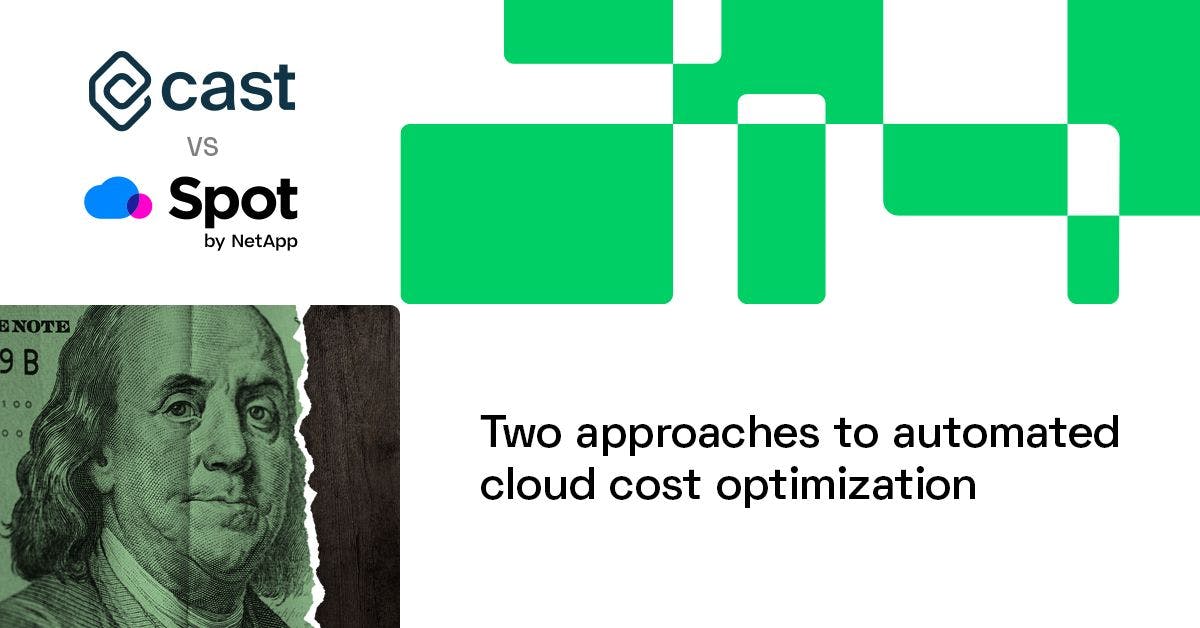574 reads
CAST AI vs. Spot.io: Two Approaches to Automated Cloud Cost Optimization
by
September 5th, 2021

AI-driven cloud optimization. Instantly cut your cloud bill, prevent downtime, and 10X the power of DevOps.
About Author
AI-driven cloud optimization. Instantly cut your cloud bill, prevent downtime, and 10X the power of DevOps.
